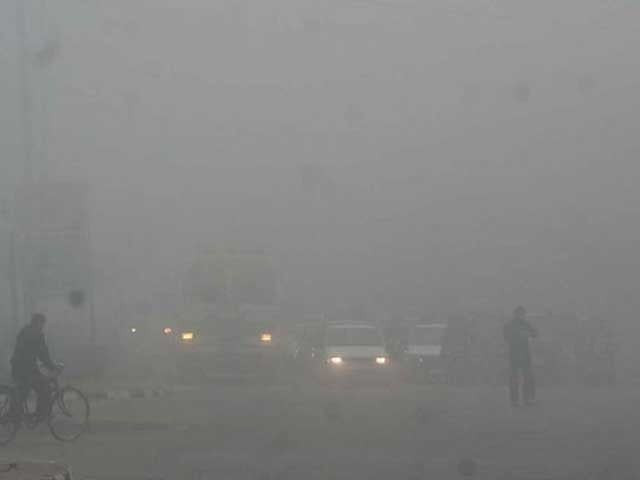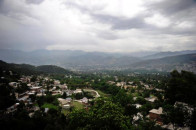Punjab ‘living on the edge’, says Agri dept
Official says special attention paid to anti-smog campaign

PHOTO: EXPRESS
“Smog tends to affect human health and people have to suffer. Dense smog has an adverse effect not only on human beings, but also on crops,” he said.
The spokesman added that due to, the photosynthesis process in the leaves of crops was also affected and plants cannot make their necessary food.
“Plants, under the effect of smoggy clouds, cannot prepare necessary hormones for their growth and the per acre yield of crops may be effectd due to this situation.
‘Govt adopting measures to combat smog’
The spokesman disclosed that the Government was paying special heed towards the anti-smog campaign and more than 150 FIRs had been registered against people involved in rice burning.
He advised that instead of burning of rice stubble, farmers should mix the crop residue into the soil through a deep plough through a rotavator or disc harrow.
The spokesman said that this year, the Agriculture Department will monitor and report the burning of rice stubbles on a day to day basis. Under section-144, the Government of Punjab has banned the burning of crop residue. Field assistants of the Agriculture Department are monitoring and reporting incidents of rice stubble to their divisional director and M & E Director on a daily basis.
Published in The Express Tribune, November 3rd, 2018.



















COMMENTS
Comments are moderated and generally will be posted if they are on-topic and not abusive.
For more information, please see our Comments FAQ